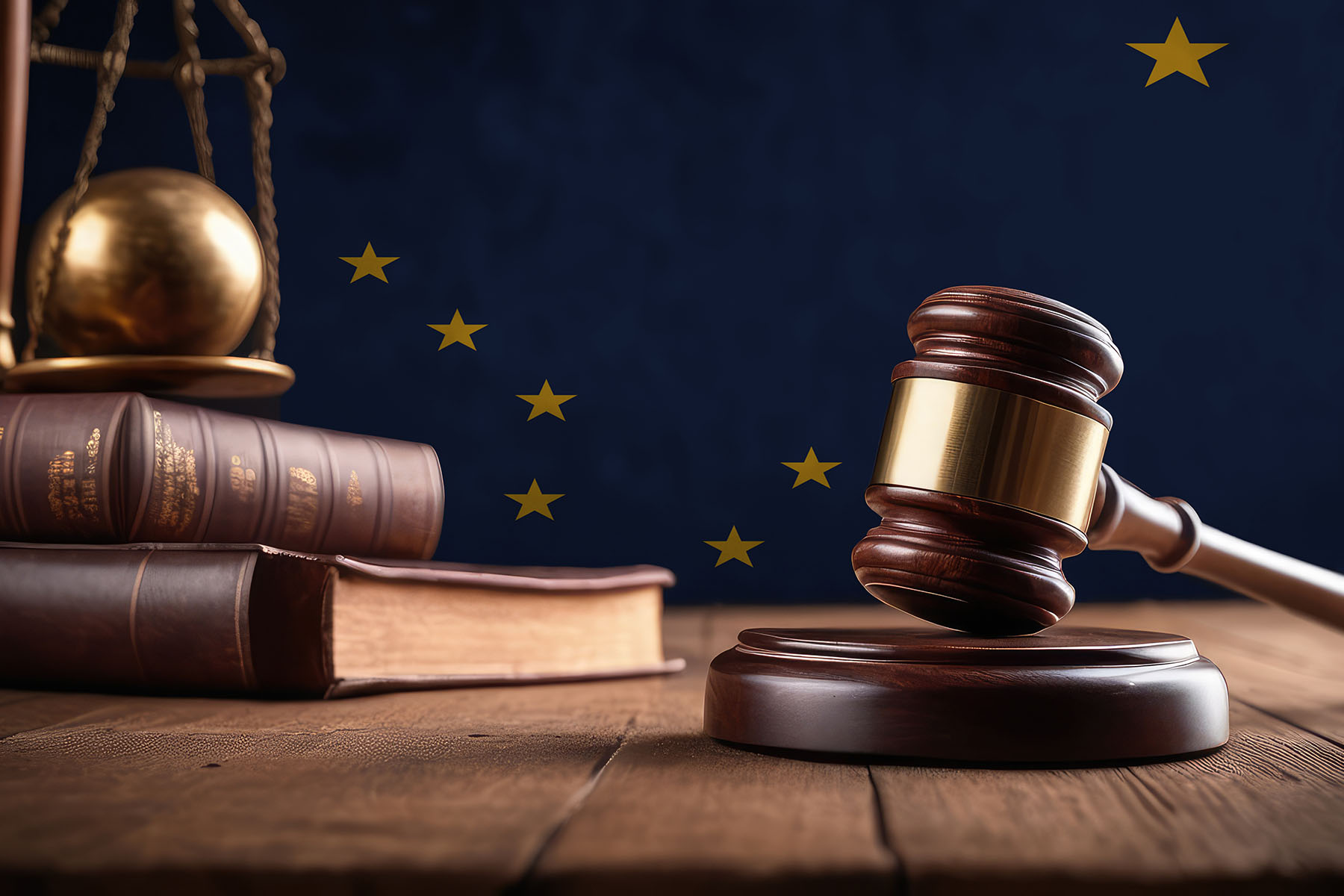Walgreens began selling vape products in many of its U.S. stores, marking a notable reversal of its 2019 decision to pull e-cigarettes amid concerns over youth use, according to Crain’s Chicago Business. The move comes after the struggling pharmacy chain was acquired by private equity firm Sycamore Partners last year and reflects efforts to open new revenue streams as the retail pharmacy sector faces pressure from online competition and lower reimbursement rates.
Juul Labs said its products are, or will soon be, available in about 6,000 of Walgreens’ nearly 8,500 locations, while Altria-owned NJOY also lists Walgreens as a retail partner. Walgreens said it is offering “compliant products” for adult consumers, citing changes in the regulatory landscape after the FDA authorized several vaping products starting in 2021.
Many Walgreens locations still sell cigarettes, though some states and local governments prohibit such products in “pharmacies.”








